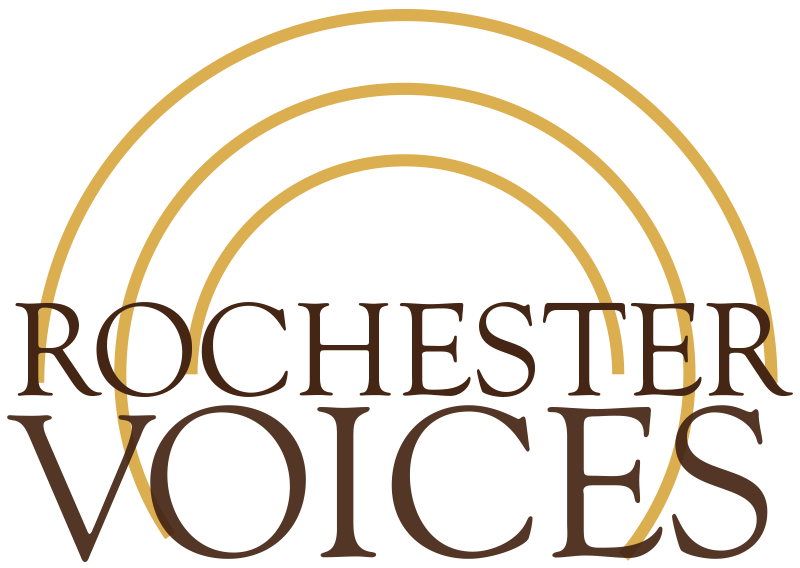Interview, Thomas Dimitry, USAF, USN
Note: second interview conducted April 3, 2013
Thomas Dimitry (b. 1939) was born and raised in Rochester, New York, and attended Nathaniel Rochester School No. 3 and Madison High School. At age 17, he attempted to enlist in the United States Navy Reserve, the United States Army, and the United States Air Force, but was rejected by all three because he could not pass the physical examinations. Finally, in March 1958, Dimitry was accepted into the Air Force, where he specialized in data processing. He was stationed in Texas, Oklahoma, and in Europe, and was honorably discharged in 1962. After leaving the Air Force, Dimitry returned home to Rochester, where he went to work as a data processor for General Dynamics and enrolled in classes at Monroe Community College. In 1968, he re-enlisted in the United States Navy and trained as a medic for the United States Marine Corps. He completed his basic training in San Diego, California, and spent four-and-a-half months in medical training at the 29 Palms military base before being sent to Vietnam in September 1969. Dimitry was in Vietnam for a month before being wounded in an attack and sent back to the States. He was honorably discharged with a physical disability in May 1970 and returned home to Rochester, where he completed his education at SUNY Brockport, ultimately earning a Ph.D. in Adult Continuing Education. Despite his high level of education, Dimitry had difficulty finding work in his field and struggled with both his physical disability and post-traumatic stress disorder (PTSD). These experiences led him to become a staunch advocate for the rights of disabled veterans.
In his interviews, Dimitry explains that initially, he wanted to enlist in the military because of the “built-in patriotism” he had from his family and because he was swayed by World War II and Cold War propaganda. He later re-enlisted as a medic and volunteered to go to Vietnam because he wanted to do something to help people after the untimely death of his father. Dimitry describes the Vietnamese jungle as hot, rainy, wet, dangerous, and full of snakes, ants, mosquitos, and diseases like dysentery and malaria. He shares stories of his combat experiences, including the ambush that left him disabled with a serious back injury. Dimitry expresses disappointment over not being able to spend more time with his platoon and guilt over not being able to do more for his fellow servicemen. He dismisses his Purple Heart and the other medals as “unimportant,” since they did little to help him get a job or succeed later in life. Dimitry discusses his difficulty with education and employment after the war and expresses anger and bitterness over the way he and other Vietnam veterans have been treated, blaming the government for not doing enough to help them transition back into society after their service.
